Enter a surname, town name or other keyword to search the database. Remember to
allow for the different spellings of 'Mc' and 'Mac.' Good luck!
{Search tips: Use single word search terms for more results}
You must enter some valid character(s) into the search field
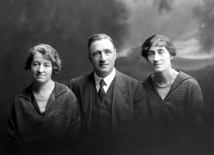
Reference: 25470a
Frank Chalmers with two of his...
|
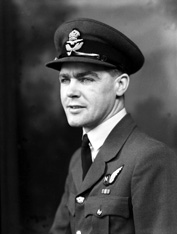
Reference: 44005c
P/O MacPherson. The RAF Naviga...
|
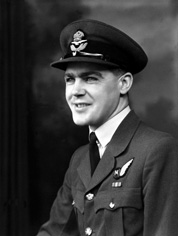
Reference: 44005b
P/O MacPherson. The RAF Naviga...
|
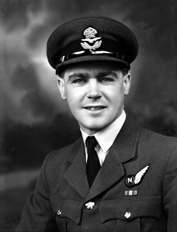
Reference: 44005a
P/O MacPherson. The RAF Naviga...
|
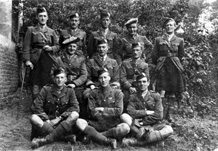
Reference: 31683
Mr Cameron. Believed to be a g...
|
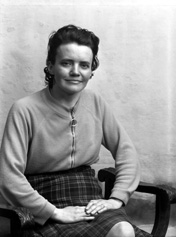
Reference: 3864a
Mrs Ligertwood, Cromarty, Blac...
|
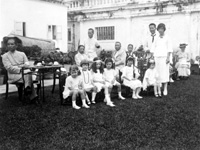
Reference: 673
Sun Yat-sen (far left) with gr...
|

Reference: 858
In 1905 the Highland Railway b...
|
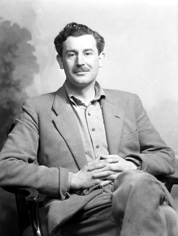
Reference: 40813b
Lord Lovat. Brigadier Simon Ch...
|
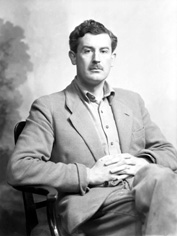
Reference: 40813a
Lord Lovat. Brigadier Simon Ch...
|
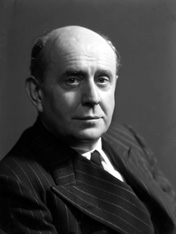
Reference: 37639
His Excellency Jan Masaryk, Vi...
|
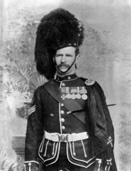
Reference: H-0203
Lt.Col Donald Dickson Farmer (...
|